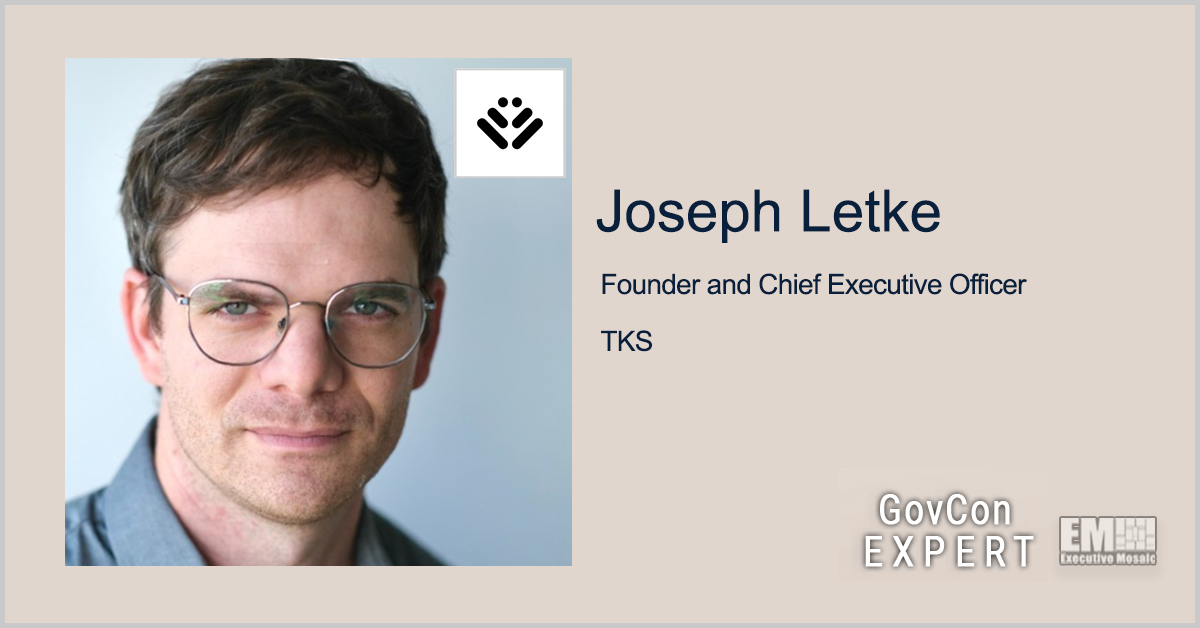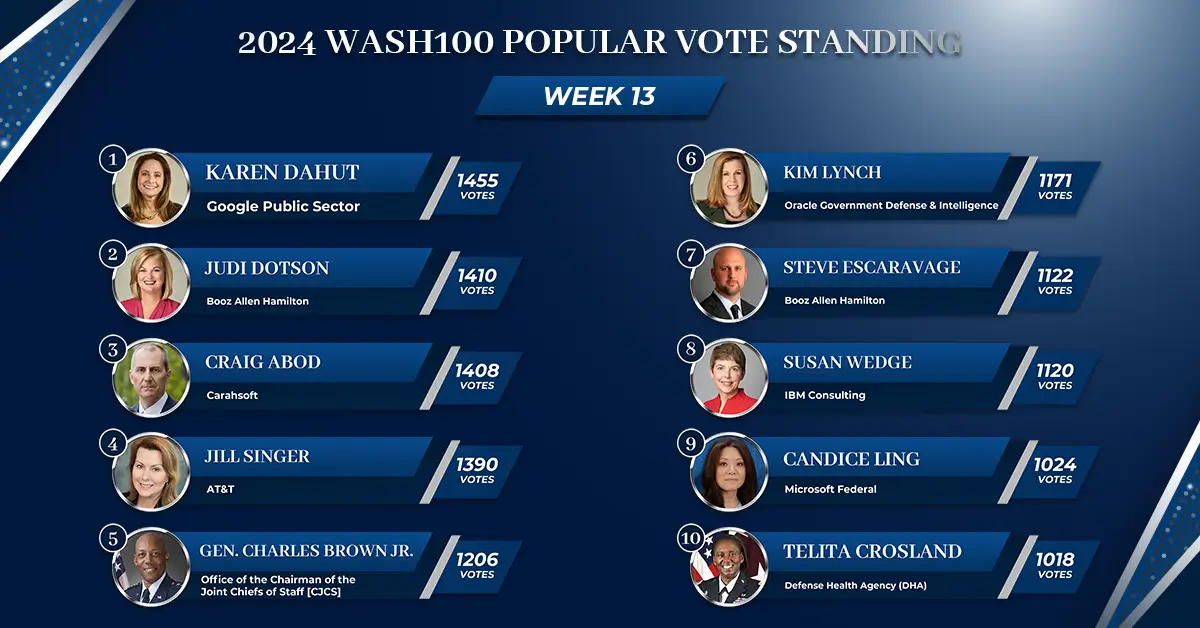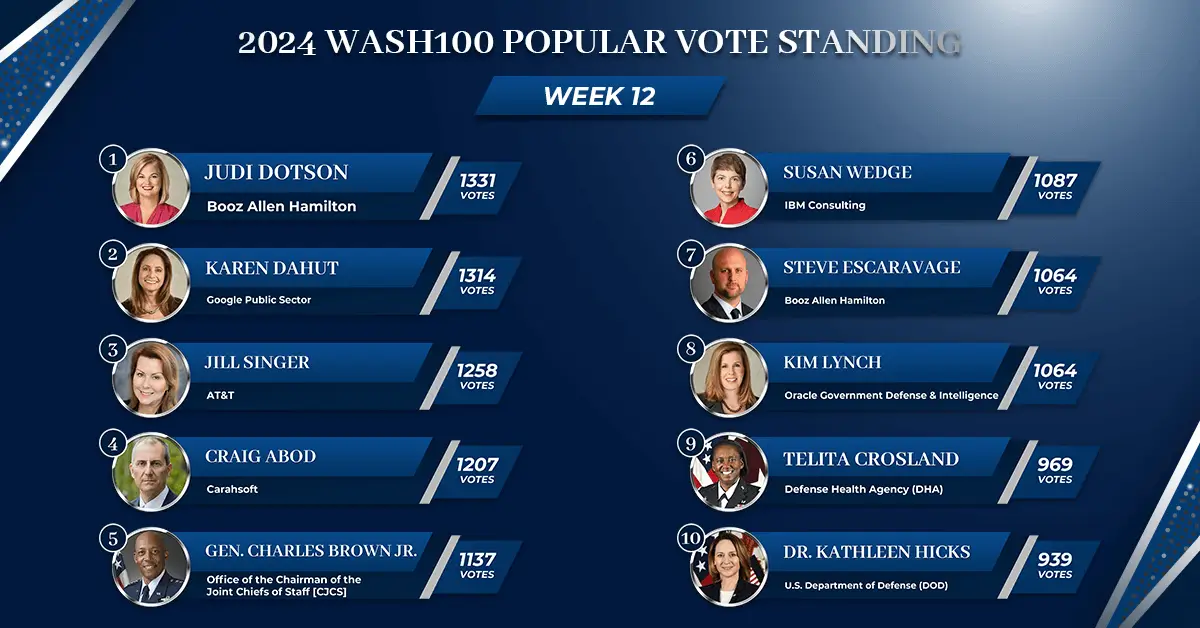Joseph Letke, founder and CEO of TKS, published his latest article as a member of Executive Mosaic’s GovCon Expert program on Friday detailing the complications and challenges that can occur between the contract award and first invoice payment during the tough RFP process and insurance verification.
“As a business owner that has experienced the waiting game and the push/pull of start dates characterizing this current climate, I can throw my experience into the mix when it comes to the figurative circus happening. One encounters the full spectrum of human emotion when having to wait this long after an already grueling RFP process.”
You can read Joseph Letke’s latest GovCon Expert article below:
The Circus Before the First Invoice
By GovCon Expert Joseph Letke
Between the award notice and first invoice, life happens.
Most urgent procurements see a shortened window of time, and a faster execution, but 6-9 months could pass while councils make approvals, find enough staff to oversee the management functions, rally community volunteers (in the case of outreach scopes), etc.
You could also see a situation where the vendor receives a selection/qualification from the immediate purchasing team and then has to present to a more general stakeholder, rationalizing their own existence and why their company should receive the award, again.
6-9 months…That’s nearing a full year, and could contain moving offices, promotions, and other major life events like becoming a parent.
As a business owner that has experienced the waiting game and the push/pull of start dates characterizing this current climate, I can throw my experience into the mix when it comes to the figurative circus happening. One encounters the full spectrum of human emotion when having to wait this long after an already grueling RFP process, contract signing, and insurance verification
Not many bidding or new business teams have to worry about the first invoice, that is, unless their commissions are tied to the contract monies landing into the company’s account. Even in this scenario, most are not tracking the first 30 days or connected to the invoice creation, delivery, receipt, etc.
Not seeing or touching this phase is a detriment, in my opinion.
Let’s explore the effects of siloed proposal teams kept away from the first invoice.
Everything appears speculative until the first payment
Proposals, interview phases, negotiated bill rates/pricing, supplementals, verbal commitments, presentations, and in-person tours or meetings mean very little compared to the weight of the first invoice and the sense of realness it brings. The first payment is otherworldly compared to the convolution of contract terms, the randomness of RFP forms, and the future promise of deployment. Once the first payment hits, the contract award has finally come home.
I suggest keeping a running total of budgets that land for bidding teams to write into their proposals (use of approximates is fine). This gets everyone writing to specifics, what is precisely getting received, and the value of this or that contract work.
Not having a solid conception of accounts receivable, operational float, and so forth, leads to stagnant past performance narratives and dead air. This dead air where nothing moves is then transferred to the evaluator who may immediately identify this as inactivity, staleness, or (worse) gaps in past performance.
Filling a page starts to replace the power of storytelling (This one creeps into presentations and is a silent deal killer!)
A spirit and sense of “being of service” drove the first few invoices to appear, enabling the business to scale. These stories don’t just disappear when scaling occurs, nor does the energetic sense of accomplishing something bigger.
The worry should set in when the narrative starts to evade or neglect the human dimensions and impact of doing business. While this style is seen as ‘Corporate’ the reader doesn’t register different styles or care that the business is structured as a corporation with certain hierarchies… Not in the slightest. They care about what the content can do for them, the purpose, and the emotive arch within the narrative.
Effective stories with impact stem, in my opinion, from closeness with the real operational nitty-gritty, not workshopped soliloquy or “getting the words sounding right.” They’ll be the correct words as they relate to the overall story, and there will be no need for second guessing under this paradigm. Nothing screams a lack of confidence like filling the page with random imagery, links, QR codes, profiles, research, etc. when a simple high-value case study that started from the first invoice, and continued onwards, would have sufficed.
Goals get confused and diluted when the first invoice is forgotten
The moment you have an opportunity presented to a group of people, prior to bidding, there will be a myriad of interpretations and goals created that may conflict with the ultimate goal of new business. Some people can’t help but bring their analyses, fears, biases, worries, and histories into the conversation, distracting from the ultimate mission: receiving payment for services rendered.
The more removed from the celebratory event of the first invoice, the further away the goals are from getting a second payment, third, fourth…
Some pointers and ways to reverse what’s explored above:
- For your current (or most active) pursuit, draw the pre-contract phase on a whiteboard, labeling submission due date(s), expected notice dates, and expected contract start dates. Done? No. Don’t stop there! Extend that line to submission of the first invoice and expected payment date.
- Build this new elongated time duration, which now probably looks like 3-4 months, into future pursuit recommendations and capture details.
- Start talking about whether or not X or Y contract will cause a quick first invoicing scenario. If not, consider the extras needed to motivate one.
- If the procurement is an RFI or merely an information gathering scenario (say, for an emerging technology), weigh the ROI of potentially never having a first invoice.
- Stay firm on the importance of the first invoice milestone.
- Communicate impact in human-defined terms and ask field managers to record extraordinary moments, praise, and smoother than normal delivery or service provisioning. Nothing works better for reissues and rebids than profiling these moments, spotlighting staff members with real world scenarios and outcomes at the client’s site
Most people underestimate the rough waters that come after the award, and very few even address the messy post-award phase with something that resembles a salve for the bruises that may occur.
Once everyone is behind “getting this one in” as meaning the first 30 days of deployment, rather than a small administrative detail like a disclosure form, your organization suddenly becomes fiercely competitive… Because what is more fierce than a team who can collectively see the finish line, build towards it, and make it come to pass in unison? If you’re a small business owner, you’ll need the additional support, believe me.






